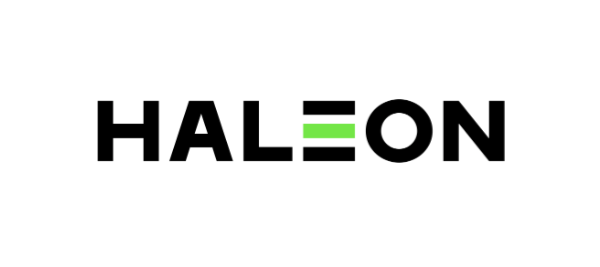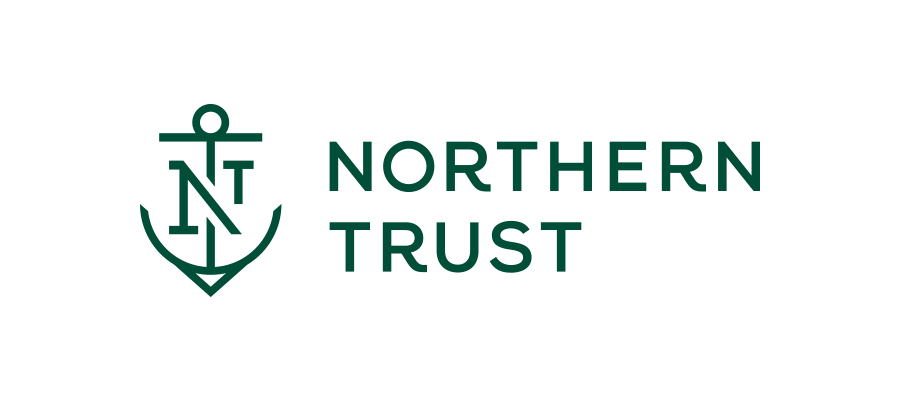Uncertain times and living with prolonged stress

Crisis is unexpected, it produces high levels of uncertainty, anxiety (and stress).
Uncertain times and living with prolonged stress
Living with uncertainty and increased levels of stress in our lives has become the new normal for many of us as we navigate the impact of coronavirus.
COVID-19 has given us new and unforeseen challenges, at work and at home. And many questions to answer, that sometimes change day-by-day, which of course is stressful. Yes, our health may be intact, but our business might not be. If immediate family are ‘okay’, our friends and relatives may not be experiencing the same. To navigate the news and advice of best practice to stay safe is a further challenge. And one it changes daily.
Yes, these are uncertain times, but we need to remember that living with uncertainty is stressful. And we have been here in a coronavirus limbo for 12 weeks already. And if you’re shielding yourself or a vulnerable family member, you may already be well into month four. So, whichever your situation, and from whatever perspective, you’re more likely to be living with uncertainty than navigating smooth waters.
And when periods of uncertainty extend from short crises into daily life…stress and the effects of it increases, too.
Living with uncertainty
As the UK collectively enters week twelve, we’re facing more uncertainty as some businesses and people transition to a ‘new normal’. And the media is crammed full of stories about businesses re-opening and (inconclusive) advice around wearing face masks. But news has not dried up and advice on best practice is not cohesive. Every day we read conflicting advice on what to do, and how to take care of ourselves.
This morning we woke to the news that a U-turn is in place and the government will no longer pursue the plan it issued a fortnight ago. England’s primary schools will no longer all re-open in June. These backtracks and directional changes have become part of life with COVID-19 in the UK. But we need to understand the impact of living with uncertainty if we are to minimise the negative effects.
What is uncertain?
Uncertainty occurs when the familiar ground we stand on shifts, seemingly right beneath our feet. When things are in a state of flux, no-one knows what will happen next or how a story will unfold. And living with coronavirus is a stark example: every day we’re told what our ‘new normal’ may look like when the dust settles and the pandemic passes over.
The human body is hardwired to respond to uncertainty because our brains are structured to continually assess potential risks and threats. But now, as we face a seemingly endless period of uncertainty and unpredictability, our nervous systems are on high alert. Every day we’re braced for fight, flight, or freeze reactions.
The ways that we deal with issues related to the coronavirus – as individuals, employees and business owners – are polarised. On one hand there is a very real need to return to an income-generating way of life and for the economy to reopen fully. But the other position is to proceed with caution, to stay home to stay safe. Yet there is no clear guidance on the R-rate, acceptable travel distance and whether or not face masks are ready. The soundbite to ‘Stay Alert, Stay Safe’ is not addressing our uncertainty with easy to follow, clear advice.
Social media is a very effective tool to oversimplify issues and amplify the loudest voices. This increases our perception of ‘threat’ and when two conflicting stories appear side-by-side – as often happens on social media and sometimes in the press – our feelings of uncertainty amplify.
Crisis and adversity
Test through adversity, rising to challenges and dealing with a crisis are not unfamiliar words, and they may be words we’ve heard more often in recent weeks. But we must be careful we don’t confuse the positive impact these stress reactions can have with effective day-to-day stress management. Crisis is never meant to be a default way of life. And by their very definition, crises share several defining characteristics that are not helpful to live with in the longer term. Crisis is unexpected, it produces high levels of uncertainty, anxiety (and stress). And crisis itself represents a threat (real or imagined) to anyone who is affected.
A crisis can revolve around a specific incident such as an unexpected bereavement or a terrorist attack. Crises can also be related to any swift and substantial change in the daily life of a person and his or her closest significant others. Such change may be life-altering and include everything from domestic emergencies, long-term illness or redundancy. Change may involve extreme financial hardship, or active addiction that can no longer go unaddressed.
Because crisis disrupts what is familiar, it creates opportunities for growth and change. Such opportunities may never have existed before. But the stress and uncertainty of the situation can cloud our ability to use the opportunities that the change in circumstance presents.
Often, the difference between despair and hope comes with a change of perspective. Our default reaction to impermanent things – such as crisis situations and events that trigger stress reactions – is to behave and react to them as if they are permanent. This discrepancy itself causes stress and may prevent us from becoming more comfortable with uncertainty that we face.
Adapting to change
Learning how to live with the stress that uncertainty creates can strengthen our resilience, which is our ability to adapt to change. Simply recognising the stress is beneficial. Spending a moment to acknowledge the uncertainty can be enough to move forward from it.
The lunchtime news will one day inform us that coronavirus is no longer a threat to our way of life. We will celebrate life’s ‘new normal’ in earnest. But this situation, this change in circumstances will not be free of stress. It may present a crisis for small communities or the wider population. And uncertainty will not evaporate the moment a vaccine is found. So, it is important that we find the tools to help us manage an uncertain future. We must prepare for the uncertainty that will come from a transition out of lockdown as we prepared to enter into it. Preparation and acknowledgement will help us manage this further uncertainty so it does not affect every area of our daily lives. At work and at home.
For more tips on managing stress if you’re working from home, you may enjoy our blog post, here.
And here are some tips on coping with disaster or a traumatic event.
by Craig Fearn | CEO | Business Mental Wellbeing







